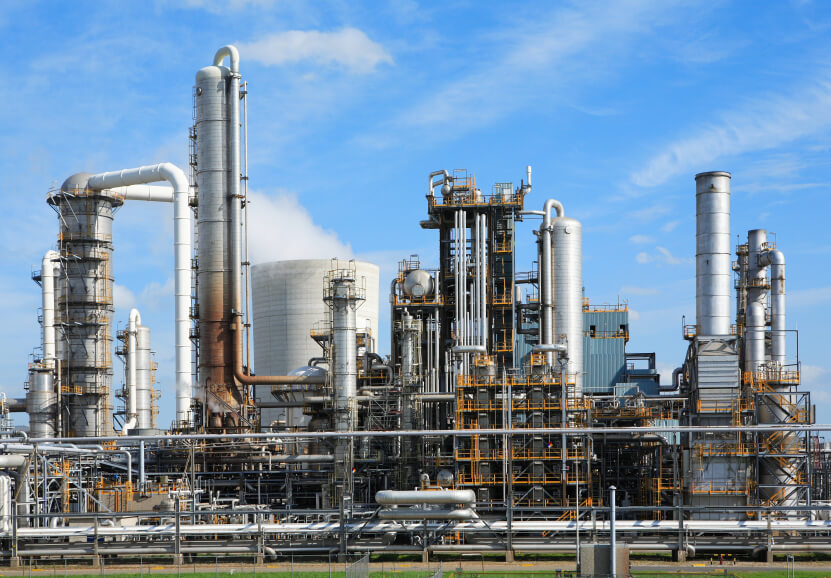 For several years now, there has been talk about more modular construction or fabrication of manufacturing plants within the chemical industry. It is certainly not a new concept and, in fact, has been used for decades. With new waves of investment concentrated in certain geographical areas (for example, the North American Gulf Coast) running into skilled labor shortages, will modular construction become the default?
For several years now, there has been talk about more modular construction or fabrication of manufacturing plants within the chemical industry. It is certainly not a new concept and, in fact, has been used for decades. With new waves of investment concentrated in certain geographical areas (for example, the North American Gulf Coast) running into skilled labor shortages, will modular construction become the default?
Advantages
One of the advantages of modularization over field-constructed plants is that the labor to build the plant can be independent of the final plant site. This is of particular interest when there are skilled labor shortages in regions where the plant will be located. For modular units built in a shop, personnel can be brought on, trained, and kept in place for longer periods of time than brief on-site construction, potentially resulting in higher quality and productivity. Consequently, the total cost can be much lower for modular plants than field-constructed plants. Although, engineering costs are typically higher for modular plants.
Another advantage is that the schedule is usually independent of weather influences, which can result in a shorter project timeline. In addition, insulation, paint, piping and other craft work that is done in a controlled environment can be of higher quality. Standard designs can also be utilized, lowering costs and enabling companies to have more consistent units around the world.
Disadvantages
However, there are disadvantages as well. Equipment selection can be trickier with modular construction due to footprint concerns. Size, and therefore, the space that people work in during operation is definitely a constraint for modular construction since the modules are built with transportation in mind.
For modular construction to be successful, planning and design are critically important. Although this is not always the case, modular structures are associated with very tight spacing, resulting in longer term safety and ease of maintenance concerns during operation. Careful planning and design can mitigate or eliminate these risks. More emphasis should be placed on engineering and design for modular plants than site-constructed plants.
Proven Successes
An extensive four-year study, spanning from 2009-2013, called Flexible, Fast and Future Production Processes (also known as the F3 Factory) was commissioned by the F3 Consortium. This study looked at process intensification concepts and modular production for the chemical industry to try to set a new paradigm for production in Europe. According to their study (which can be found at www.f3factory.com), process intensification and modularization can result in capex reduction up to 40%, opex reduction up to 20%, reduced time-to-market, and energy consumption savings of as much as 30%. This feasibility study as well as proven successes in modular construction of petrochemical, refining and gas processing facilities may indeed add critical momentum to moving the chemical industry away from on-site construction.
What do you think? Is the balance tipping towards increased modularization?




